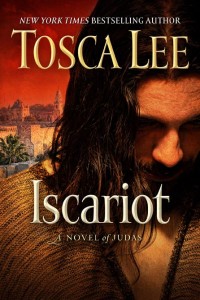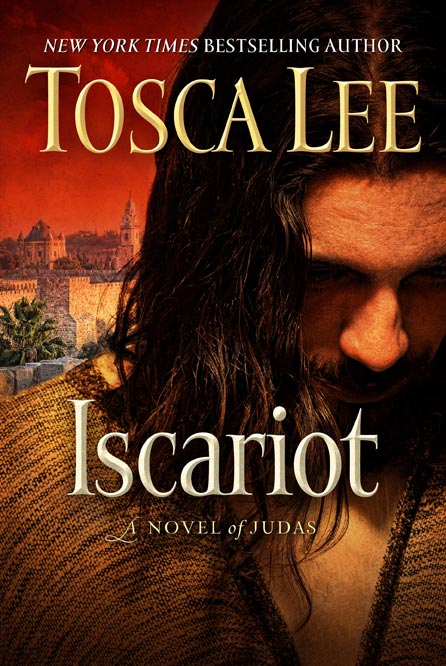 Not a Novel for the Faint of Heart
Not a Novel for the Faint of Heart
One of my favorite reads of 2014, Iscariot is real and raw and disturbing…like Judas himself. By introducing us to Judas Bar Simon (Judas, son of Simon) as a mere child, Tosca makes the hated betrayer a sympathetic figure. And the truth is…Judas was once a child.
Consider it. Dwell on it. A little boy–like a little boy YOU know.
Politics, Politics…
Tosca also depicts the political landscape of this time in Israel’s history better than any novel I’ve read. Authors can say Roman rule was brutal. Writers can craft a scene or two showing Israel’s desire to be a free nation. But Tosca invites us to live the atrocities of the occupying soldiers who destroy Judas’s life and world:
“I wailed and thrashed and tore my hair—not because it was proper to do, but because I could do nothing else.”
As a reader, I could do nothing else but cry with young Judas at that moment—and many other moments throughout his life. I found myself identifying with the betrayer, despite the hatred I had for him when I first picked up this book.
Judas and Jesus
And even more disturbing—I found myself asking the same questions Judas asked about the Man, Jesus of Nazareth.
Judas, so righteous and committed one minute, became conflicted and frustrated with Jesus the next. But through it all he loved the Man from Galilee. He knew Jesus was the One. Judas stayed when so many other disciples fell away.
Judas and Me
But he didn’t understand Jesus. It was confusion that drove Judas away, drove him to FORCE answers rather than wait. How many times has my confusion sent me scurrying to find my own answers rather than waiting on God’s timing? I’m so much like Judas. In so many ways.
The betrayer’s final reckoning was this:
“They called him a madman. They called him a liar. But now I know him as the face of God. Who does not save us from the Romans . . . But saves us from ourselves.”
And, like the betrayer, I must realize that my Jesus is not so interested in saving me from my trials and tribulations as He is from myself. Oh, that I would take up MY cross and follow Him…
The Book’s End
In her Author’s Note, Tosca describes Jesus this way:
“[Jesus was] A man who stood up for the oppressed without condemning the oppressor, more concerned with restoration of individuals than the salvation of a nation. A man who, through the lens of history, was nothing short of dangerous…A man who would not be controlled. A man as wild as God.”
So, really, though this book is titled, Iscariot, it will challenge our perceived notions about our Savior as much as our biases regarding His betrayer. Tosca’s plot is based on well-thought-out arguments and incredible research, and any Scriptural concerns I had were addressed in her Author’s Note.
The Readers’ Group Guide and Discussion Questions provide valuable “jumping off” points for personal or group reflection, and her tips for Enhancing Your Book Club seem valuable.
I love Tosca’s voice, evident also in Havah, another of my favorite biblical novels. Read them both! You won’t be disappointed.



